From William Hewins to Minouche Shafik, we're introducing the 16 Directors LSE has had since opening our doors in 1895.
William Hewins, Director 1895-1903
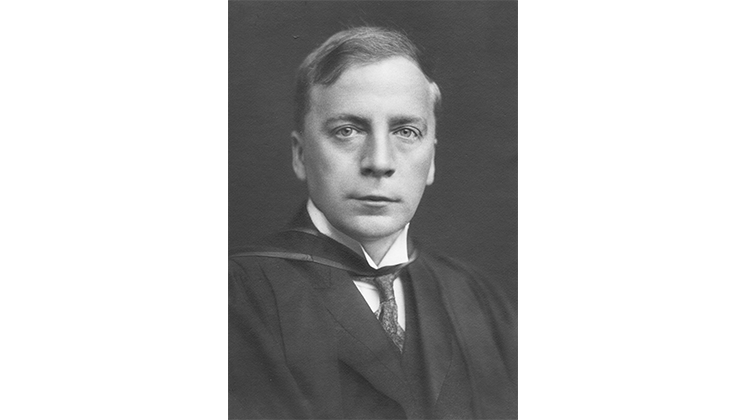
LSE’s first Director was economic historian William Hewins (1865-1931) whose organisational skills saw LSE grow from its beginnings in Adelphi Terrace to its new home in Passmore Edward Hall. He was later the Unionist MP for Hereford.
Sir Halford Mackinder, Director 1903-1908
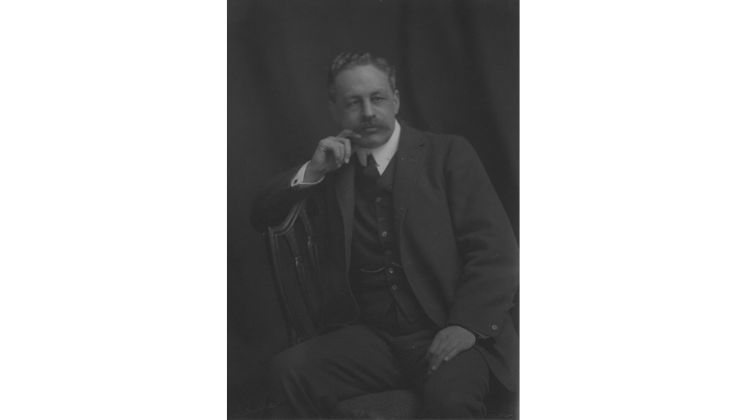
A geographer hailed as the founder of geopolitics and geostrategy, Mackinder (1861-1947) was the driving force behind the establishment of Oxford University’s Department of Geography. At LSE he was instrumental in setting up the Army Class which ran until 1932. From 1910 to 1922 he was the Unionist MP for Glasgow Camlachie.
William Pember-Reeves, Director 1908-1919
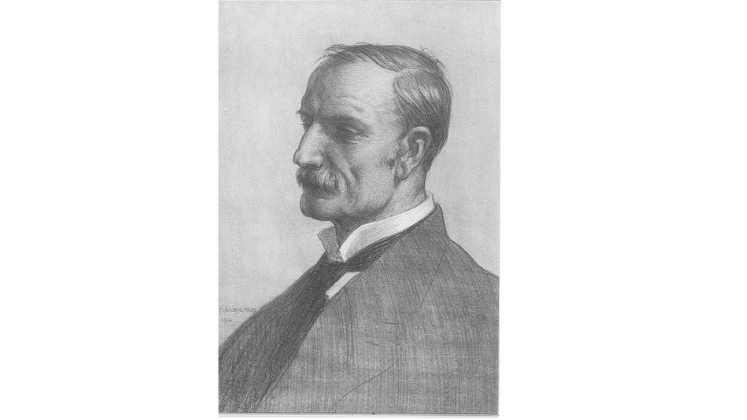
A New Zealand journalist and politician, Pember-Reeves (1857-1932) was New Zealand High Commissioner in London prior to his appointment as LSE Director. His wife, Maud Pember-Reeves, was an active member of the Fabian Society. Pember-Reeves was Director during the First World War in which his son, Fabian, was killed.
Sir William Beveridge, Director 1919-1937
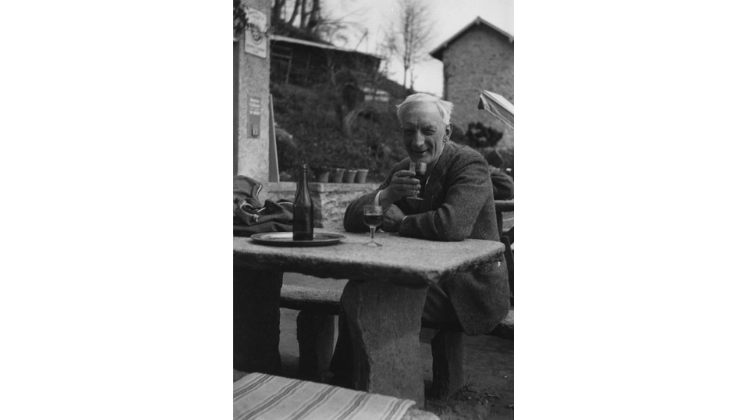
William Beveridge (1879-1963) joined LSE in 1919 after a career in the civil service. During his directorship the School’s buildings expanded on Houghton Street and LSE developed its contribution to the social sciences. He was active in supporting refugee Jewish academics and was the author of the 1942 Report on Social Insurance and Allied Services, the basis for the post-war development of the Welfare State.
Sir Alexander Carr-Saunders, Director 1937-1957
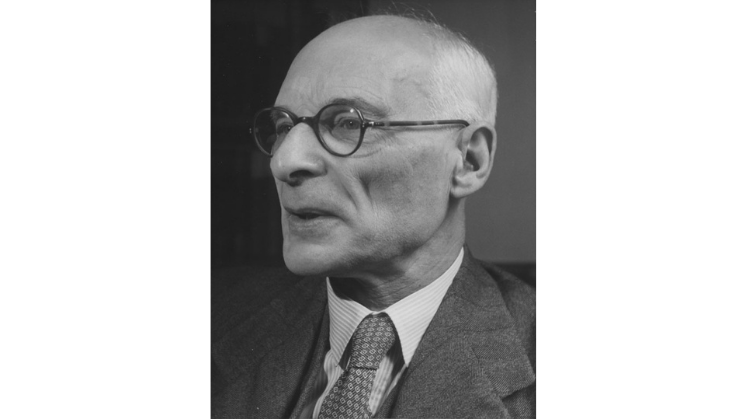
Carr-Saunders (1886-1966) was a biologist and demographer who came to LSE from the Charles Booth Chair of Social Science at Liverpool University. He steered LSE through its World War II evacuation to Cambridge and persuaded Charlotte Shaw to support his scheme of a general reading library – today's Shaw Library.
Sir Sydney Caine, Director 1957-1967
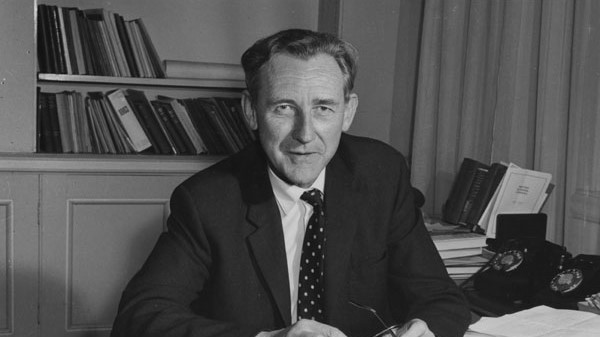
Sydney Caine (1902-1991) graduated from LSE with a first class degree specialising in economic history in 1922. He was the Finance Secretary of Hong Kong from 1937 to 1940 and Vice-Chancellor of the University of Malaya from 1952 to 1957. Caine oversaw the acquisition of St Clement’s Building and also handled the student unrest which marked the announcement of Walter Adams as his successor.
Sir Walter Adams, Director 1967-1974
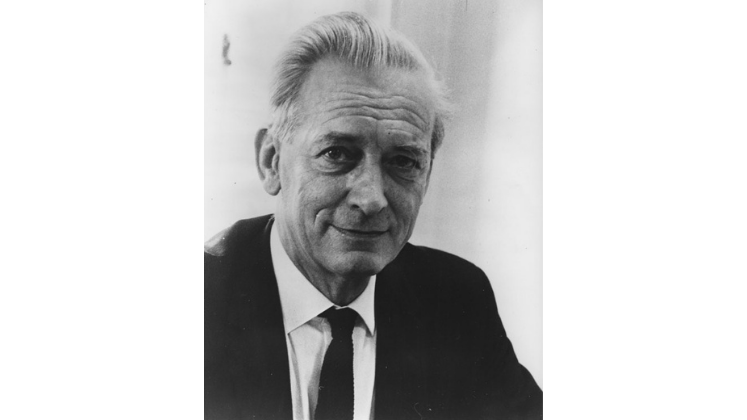
Walter Adams (1906-1975) was secretary of the Academic Assistance Council established to support refugee scholars from Europe. He was LSE School Secretary from 1938 to 1946, making Adams the only person to have been both Secretary and Director. Between 1955 and 1967 he held the post of Principal of the University College of Rhodesia and Nyasaland, leading to student opposition to his appointment as Director.
Ralf Dahrendorf, Director 1974-1984
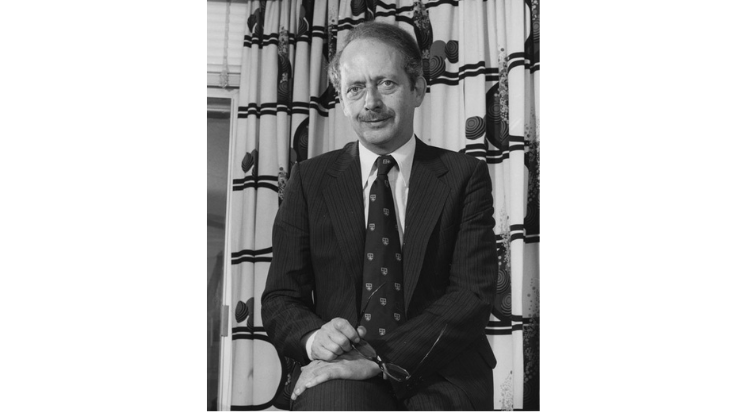
Born in Hamburg, Dahrendorf (1929-2009) was briefly imprisoned by the Nazis at the end of the Second World War after his father was implicated in the July plot to assassinate Hitler. Dahrendorf completed a PhD thesis at LSE in 1956 (his second doctorate). He combined a career in academia and politics, serving as a European commissioner and becoming LSE Director in 1974. He was later Master of St Anthony’s College, Oxford.
Indraprasad Gordhanbhai (IG) Patel, Director 1984-1990
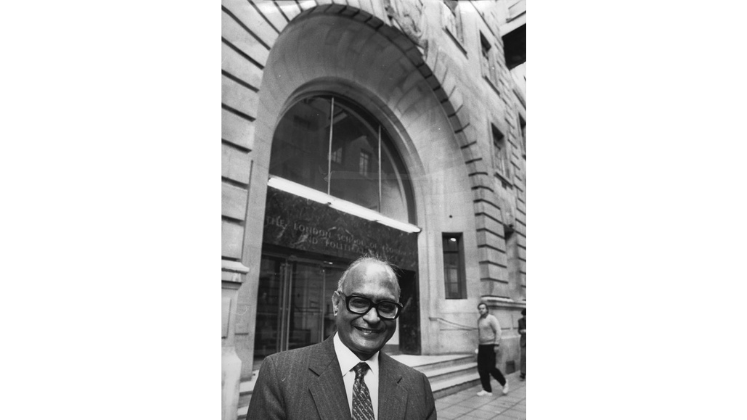
An economist born in Vadodara in Gujerat, Patel (1924-2005) was Deputy Administrator of the United Nations Development Programme and Governor of the Reserve Bank of India. I G Patel later taught at the Maharaja Sayajirao University of Baroda in Vadodara.
Sir John Ashworth, 1990-1996
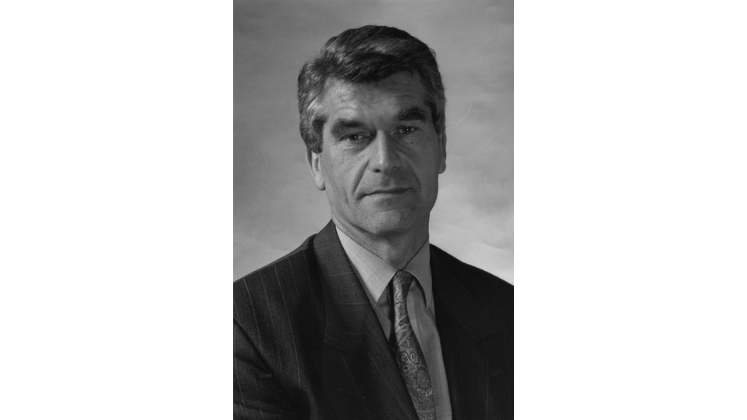
John Ashworth (1938- ) was Professor of Biology at Essex University before joining the Cabinet Office as chief scientific adviser to the government in 1976. He was Vice Chancellor of Salford University from 1981 to 1990. After leaving LSE, Ashworth became chairman of the British Library Board.
Sir Anthony Giddens, Director 1996-2003
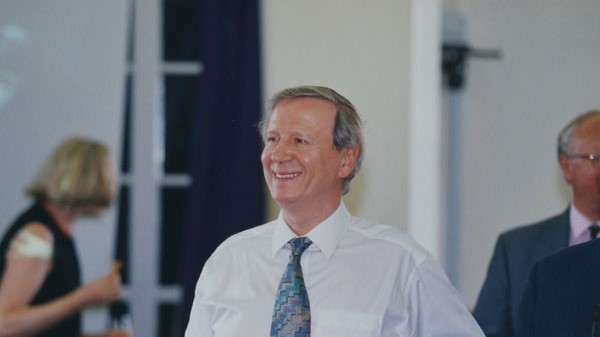
A sociologist, Giddens (1938-) was born in London and after studying at Hull University gained a master’s degree at LSE before completing a PhD at King’s College, Cambridge. He was based at Cambridge University for many years before becoming Director of LSE in 1996. He was an adviser to Prime Minister Tony Blair and became a life peer in 2004.
Sir Howard Davies, Director 2003-2011
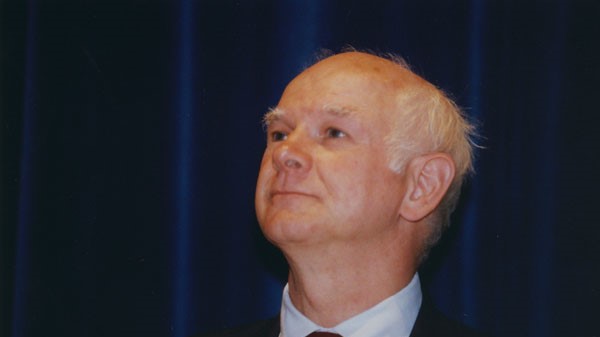
Howard Davies (1951- ) studied at Merton College, Oxford and Stanford Graduate School of Business. He worked at the Treasury and Foreign and Commonwealth Office and from 1985 to 1986 was Special Advisor to Chancellor of the Exchequer Nigel Lawson. Prior to becoming Director of LSE he was chairman of the Financial Services Authority. Davies was also a trustee of the Tate Gallery and chairman of the Man Booker prize committee in 2007.
Dame Judith Rees, Interim Director 2011-2012
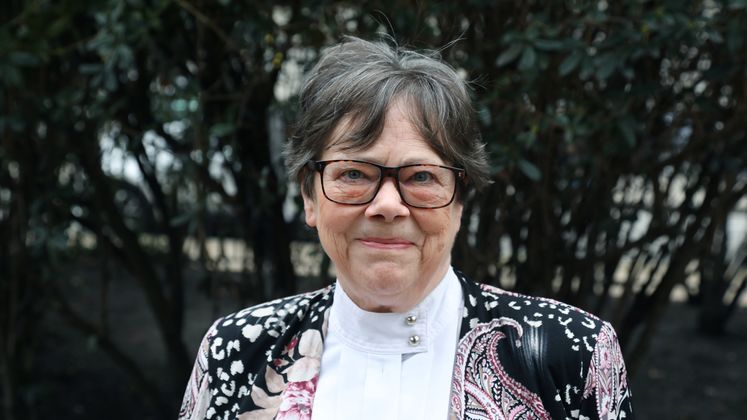
Judith Rees (1944- ) is a geographer and Vice Chair of the Grantham Research Institute on Climate Change and the Environment. She was interim Director of LSE from 2011 to 2012 following the resignation of Sir Howard Davies. She has acted as an advisor to a range of organisations including the World Bank, United Nations Development Programme and Friends of the Earth.
Craig Calhoun, Director 2012-2016
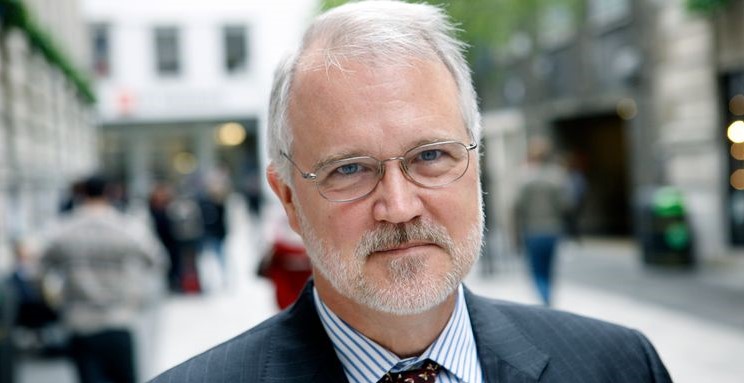
Craig Calhoun (1952- ) was born in Watseka, Illinois. He studied in both the USA and Britain, gaining his doctorate from Oxford University. Prior to joining LSE he was Director of the Institute for Public Knowledge at New York University. In 2016 he joined the Beggruen Institute in Los Angeles.
Julia Black, Interim Director 2016-2017
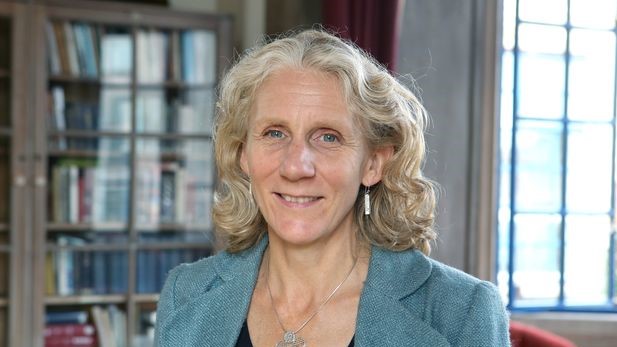
Julia Black (1967- ) was awarded a CBE for services to the study of law and regulation. She joined LSE's Department of Law in 1994 and is Professor of Law, additionally serving as Pro Director of Research 2014-19, Interim Director 2016-2017 and currently as Strategic Director of Innovation. Julia Black is also an External Member of the Bank of England’s Prudential Regulation Authority, Senior Independent Member of the Board of the UK Research and Innovation Council, a member of the Council of Science and Technology, and a member of the Board of the Courtauld Institute of Art. She becomes President of the British Academy in July 2021.
Baroness Minouche Shafik, Director 2017- present
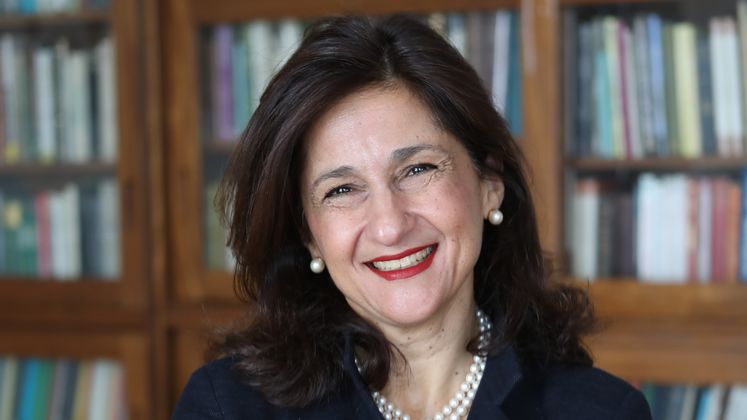
Minouche Shafik (1962-) was born in Alexandria, Egypt and educated in the United States and the Britain. She is an LSE alumnus, completing an MSc in Economics prior to completing her doctorate at St Anthony’s College, Oxford. In 1999, at the age of 36, she became the youngest vice-president in the history of the World Bank. She has also worked at the UK Department for International Development and the International Monetary Fund. From 2014-2017 she was Deputy Governor of the Bank of England, before joining LSE. In 2014 she was made a Dame Commander of the British Empire and in 2020 she received a life peerage.
Contributed by Sue Donnelly (LSE Archivist) from the LSE History Blog